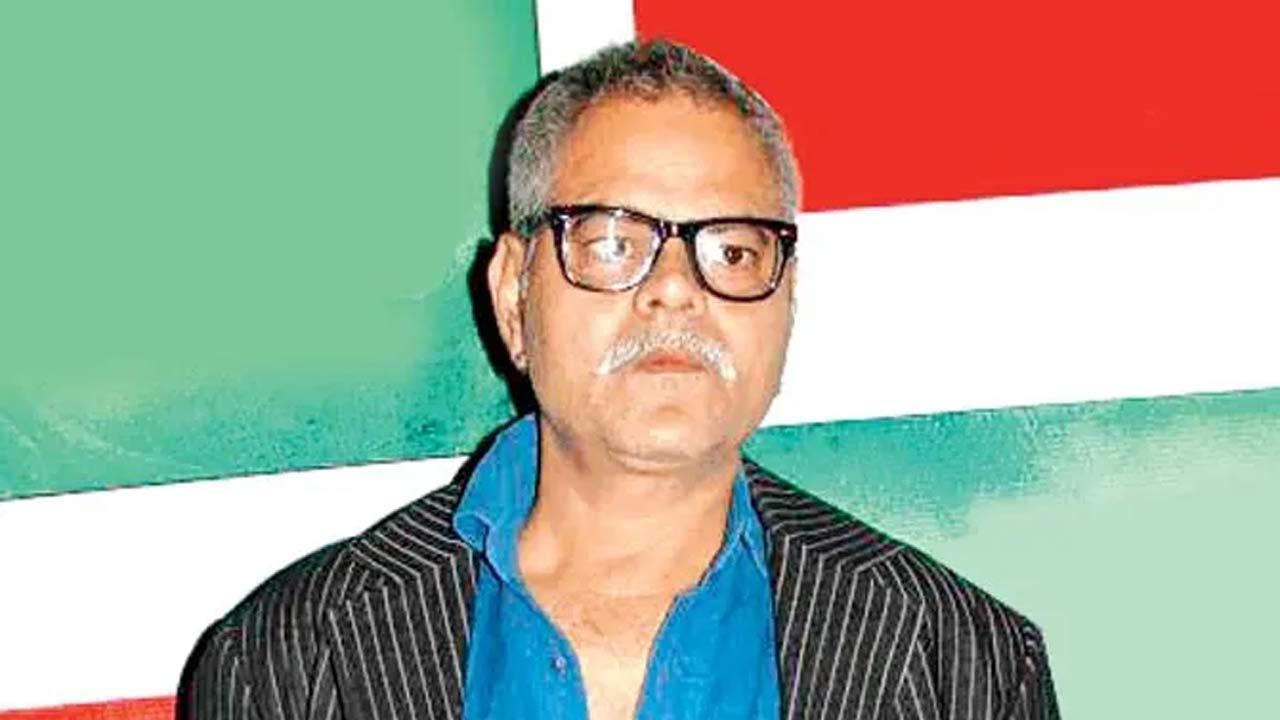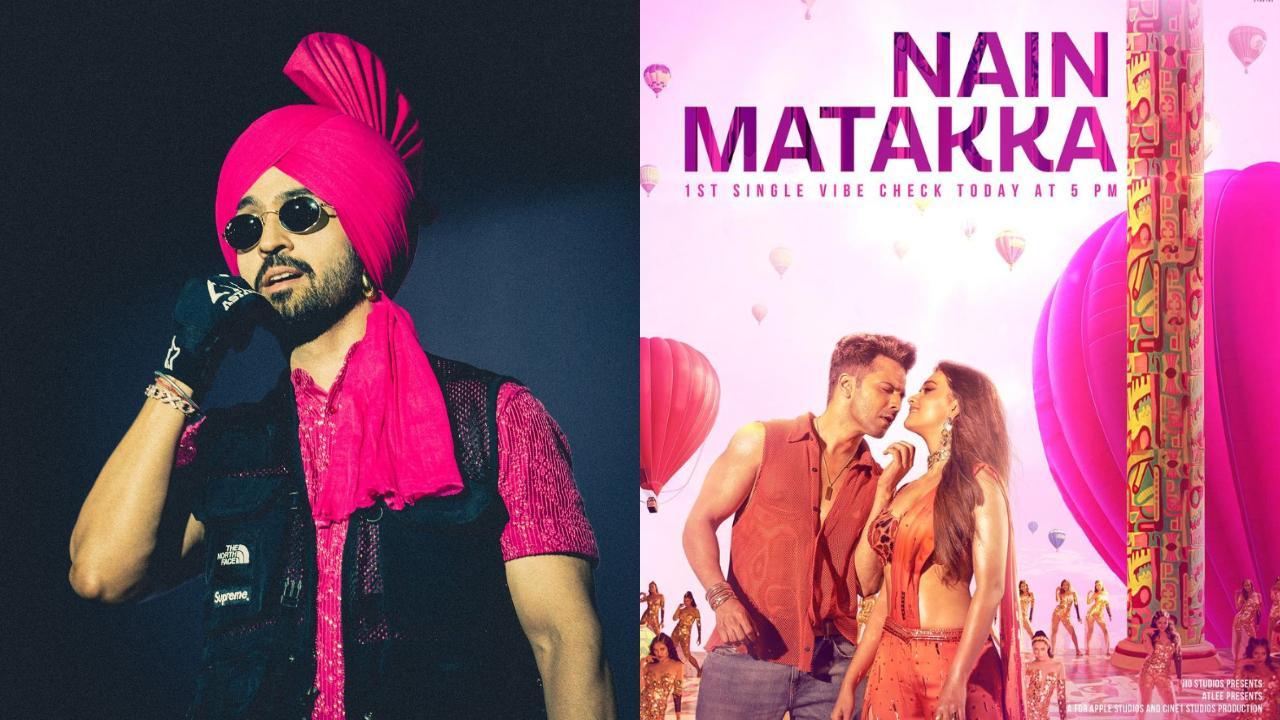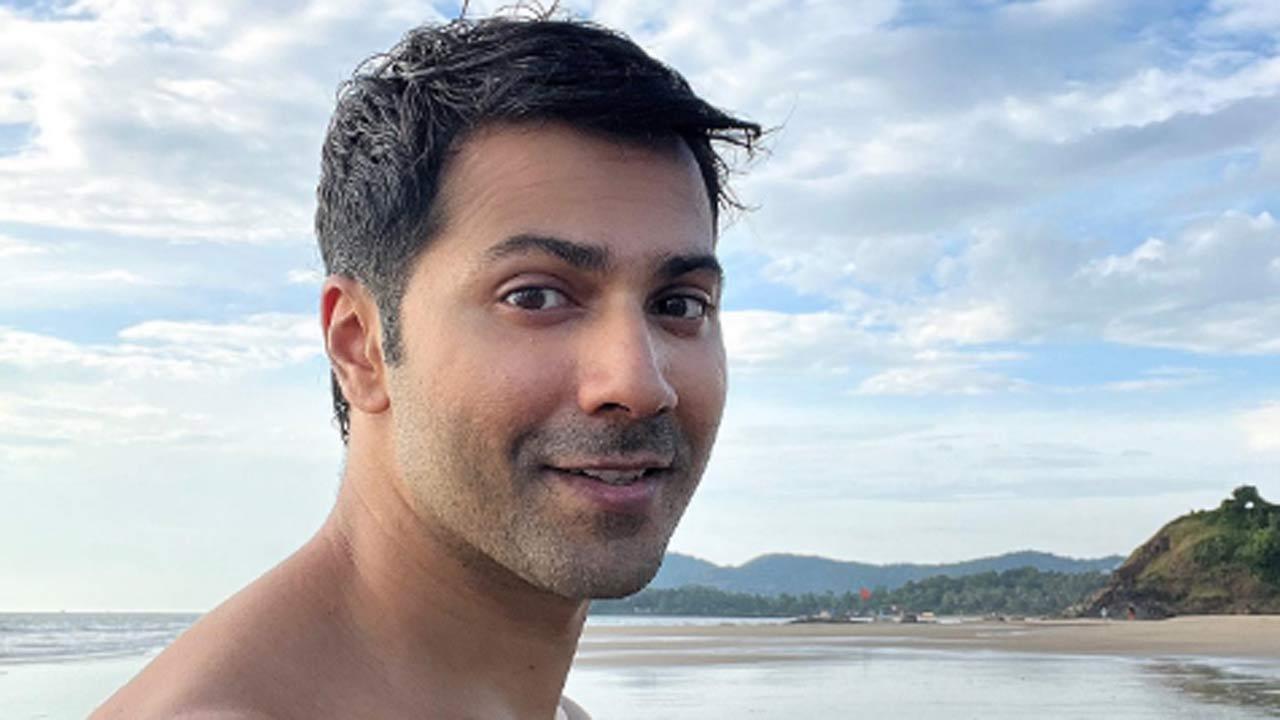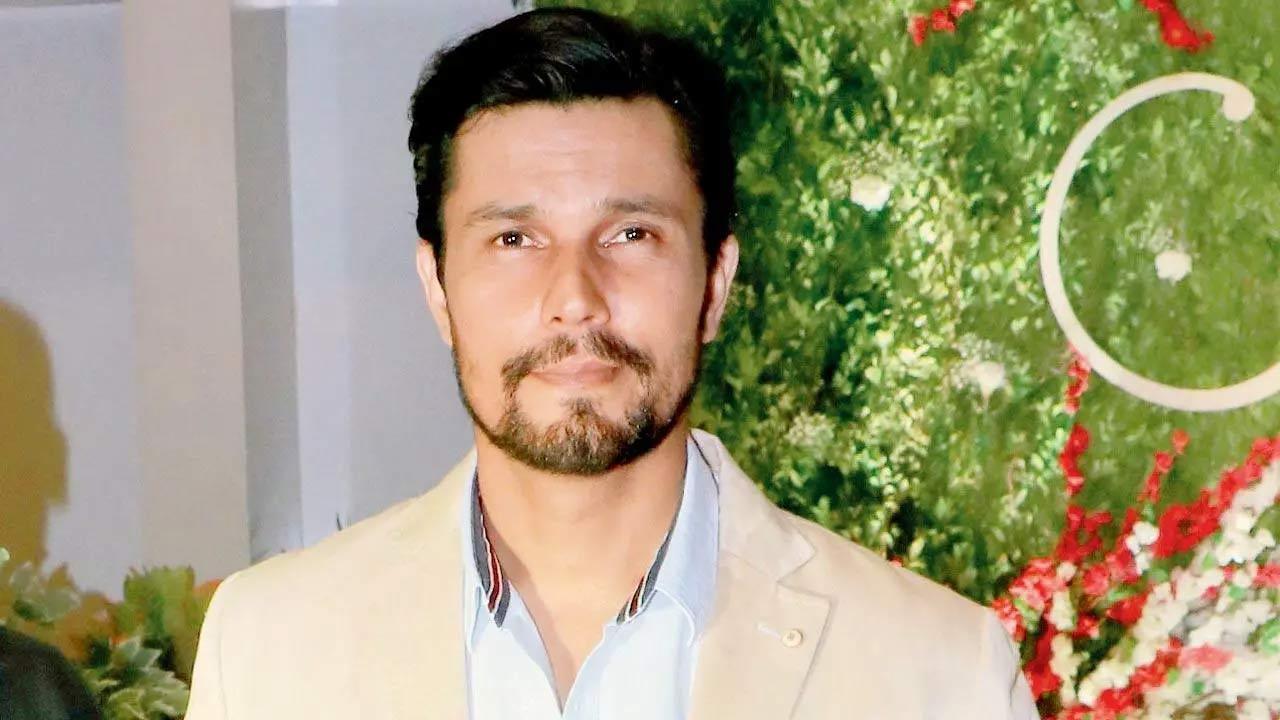If you are curious, Berlin is a German coffee house situated in Delhi’s Connaught Place in Atul Sabharwal’s meditative spy-thriller of the same name. The film revolves around the interrogation of a deaf-mute suspect Ashok (Ishwak Singh) by a sign-language expert Pushkin Verma (Aparshakti Khurana) at the behest of an intimidating intelligence officer Sondhi (Rahul Bose). For Atul, the idea for the film lit up at a Mumbai cafe, a Lokhandwala joint employing deaf-mute staff and a place where a film gets pitched at every other table.
“One of the waiters there was quite a chirpy fellow,” he says. “He tried to make conversation with you without caring if you knew sign language or not.” The eagerness of this attendant gave birth to Ashok.
“I started thinking, what if one of these waiters was a person wanting to enter the film industry?” The setting remained the same but its characteristics changed. In the film, Berlin is not an innocuous cafe filled with film industry aspirants. It is a hole-in-the-wall establishment where intelligence officers across agencies trade secrets with deaf-mute servers being the ‘walls’ between tables.
One of these attendants is Ashok, who, intrigued by this world of spies, tries to uncover a secret and ultimately gets too close to the sun. The film sprouted from Atul’s short-story , told from the deaf-mute waiter’s perspective. “A film from Ashok’s POV would have to be a silent one.
The short story was thus unfilmable,” he s.


















